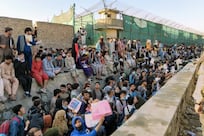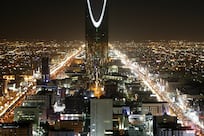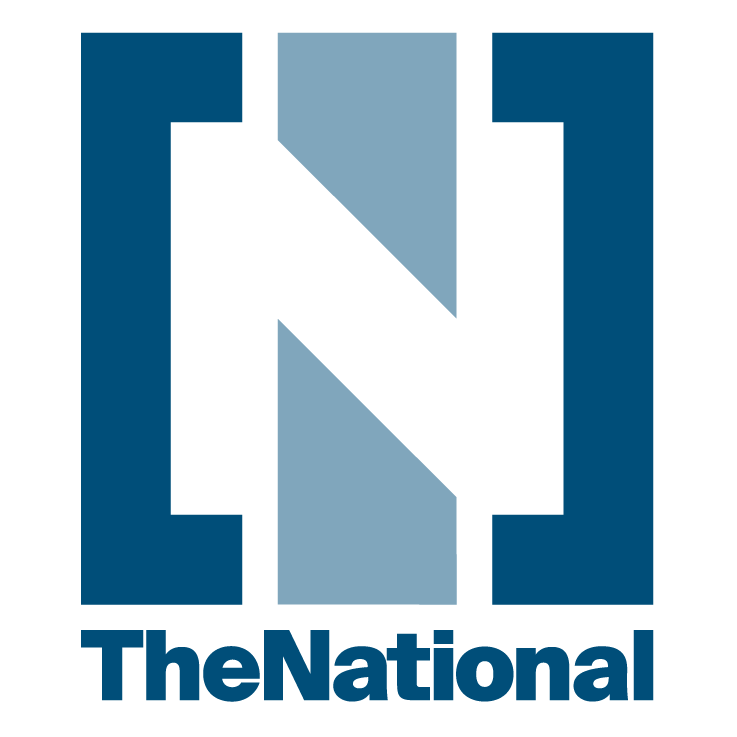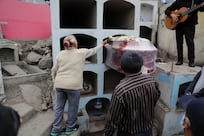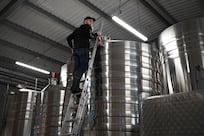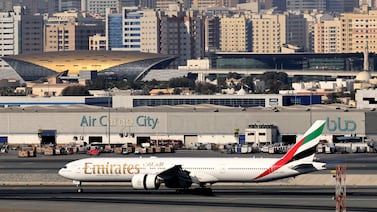Saudi Arabia, the biggest Arab economy, is combining its general insurance and public pension funds to create a public sector entity with $29bn in domestic and foreign stock holdings.
The kingdom's cabinet has already approved the merger of Saudi Arabia’s General Organisation of Social Insurance (Gosi) and the Saudi Public Pension Agency, according to Saudi Press Agency.
The combination of the two state-run funds is an extension of the “continuous reforms” and organisational restructuring process, in line with the kingdom’s Vision 2030 objectives, Minister of Finance Mohammed Al-Jaddan, who is also chairman Gosi board, said in a statement on Thursday.
The move underscores the importance given to the social insurance sector, “as symbiotic system which has an important role in enhancing social protection for all citizens”.
The merger will bring social benefits coverage of public and private sector employees under one insurance scheme and will help in eliminating duplication of processes. It will also increase “operational and financial efficiency” and will improve services, the minister said.
“The merging process will strengthen the fund’s financial position by maximising investment returns and will enhance investment performance and strategic diversification” of its portfolio of investments, he added.
The funds hold significant stakes in Saudi Arabian firms, including a combined $8.5 billion holding in Saudi National Bank, the kingdom’s largest bank by assets. It also controls, a $4.3bn stake in Al Rajhi Bank, according to data compiled by Bloomberg. The public entities, whose portfolios also include real estate and domestic and foreign bonds holdings, also hold shares worth $207m in AstraZeneca and $170m in HSBC.
The kingdom, Opec’s biggest producer, is trying to radically transform its economy. Like the rest of its peers in the six-member economic bloc of GCC, Saudi Arabia is the trying to merge and restructure its public sector entities to gain scale and improve efficiencies in the wake of the three-year oil price slum that began in 2014.
It merged eight public development institutions focused on agriculture, human development, industrial development and real estate among others to create the National Development Fund in 2017, to reduce cost and speed development of public sector projects, including the mega infrastructure schemes.


